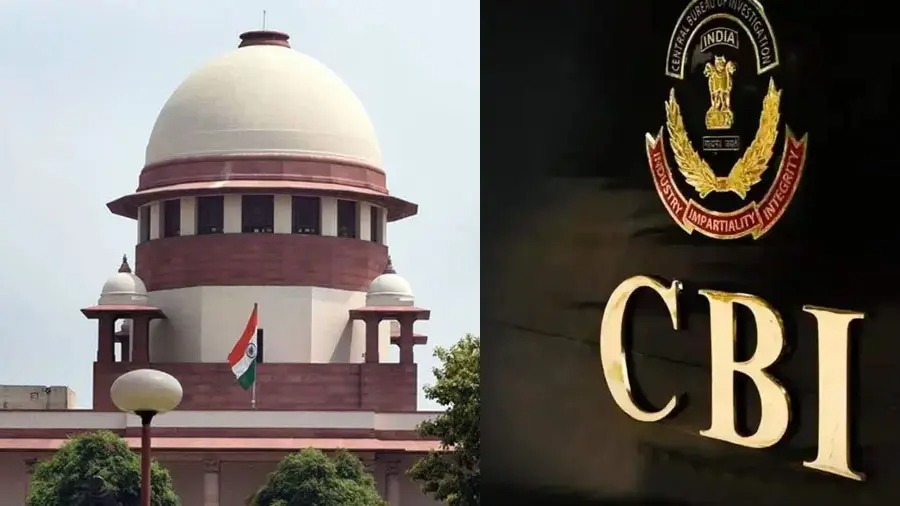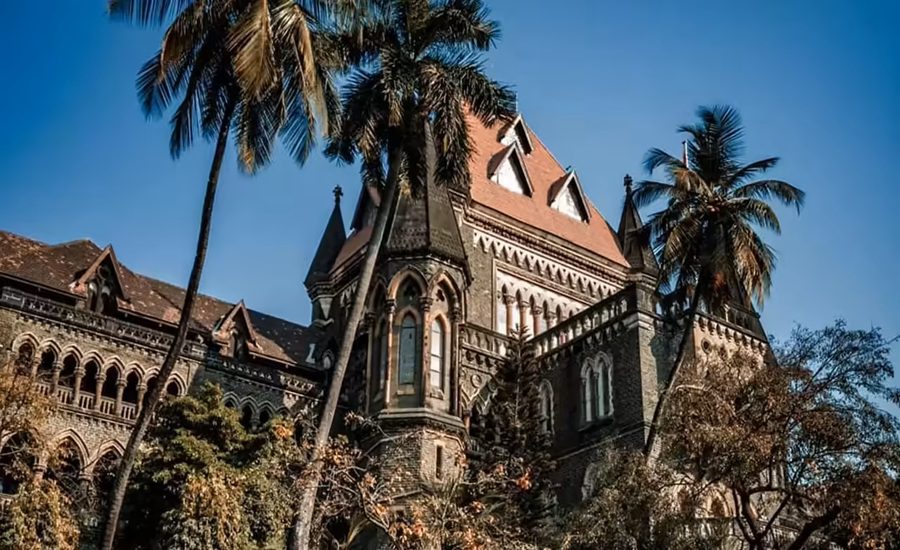Sarojnei Saksena, J.@mdashThis appeal presented u/s 28 of the Hindu Marriage Act, 1955 (for short ''the Act'') is directed against the judgment and decree dated 3.10.1986 rendered by the Additional District Judge, Jalandhar in H.M. case No. 116 of 1985 thereby dismissing the application seeking dissolution of marriage by a decree of divorce on the grounds of cruelty and desertion.
2. In a nut shell the facts of the case are that the appellant was married to the respondent on 25.5.1964. In this wedlock the respondent gave birth to a son, who is now aged about 21 years. Son is living with the respondent. There is a chequered history of litigation between the parties. On 6.2.1975 the respondent withdrew from the matrimonial home without any reasonable excuse. The appellant filed a petition u/s 9 of the Act on the ground of desertion which was decreed on 26.3.1974. On 19.4.1976 he filed a petition for divorce which was withdrawn on 9.6.1976 as the respondent gave him an assurance to rejoin. On the basis of the decree passed u/s 9 of the Act, he filed another petition for divorce which was dismissed on 2.5.1978. He preferred an appeal against that judgment and decree, but the High Court dismissed the appeal on 20.11.1978. He filed another petition u/s 9 of the Act which was also withdrawn on the respondents assurance to perform the matrimonial obligations. He filed execution petition also to implement the said decree. That too was dismissed.
3. The appellant''s contention is that the respondent does not want to reside in the matrimonial home. She is always giving false assurance to frustrate his legal actions. She has deserted him for a period of more than two years. He is always prepared to take her in his fold, but she is declining to rejoin without any reasonable cause. She filed a petition u/s 125 Cr. P.C. against him. She also prosecuted him under the dowry Prohibition Act. She is not permitting him to see his son, thereby she has treated him with cruelty. Hence, he filed this divorce petition on 4.12.1985.
4. The respondent admitted the legal actions taken by her husband against her, but she has emphatically denied that she deserted him or treated him with cruelty. According to her, she is willing to go to her matrimonial home. After the compromise when she went to reside with him, after few days he turned her out. The appellant is dragging her in this chain of long drawn litigation. She also denied that she did not allow the appellant to see his son.
5. Parties examined themselves only. The trial Court, on appraisal of evidence on record, came to the conclusion that the appellant has failed to prove the ground of desertion. All through, she has expressed her willingness to rejoin him. Once after compromise, she went to reside with the appellant, but he turned her out of the house. He is not ready and willing to keep her in the matrimonial home. It is also held that the ground of cruelty is also not proved. Hence the dismissal of the petition.
6. The appellant''s learned counsel admitted that the appellant filed two petitions u/s 9 of the Act and 3 petitions u/s 13 of the Act. His one petition filed u/s 9 of the Act was decreed, but all other petitions were dismissed. Even execution petition is dismissed. Since 6th of February, 1973 they are living separate.
7. It is admitted fact that after 6.2.1973 the respondent had not joined the appellant in the matrimonial home. After the compromise in the divorce petition, she lived with him for one or two days only to frustrate the attempt to get a divorce on that count. Thus, it is obvious that she has no animus to resume cohabitation and she has permanently broken the shackles of marital life. The trial Court has not scanned the evidence minutely; otherwise the conclusion is irresistible that the appellant has proved the ground of desertion.
8. He further contended that even the ground of cruelty is proved by the appellant. She filed a petition u/s 125 Cr. P.C. and another complaint under Dowry Prohibition Act against him, thereby she has caused mental agony to him. She has also not allowed him to see his son. She has treated him with cruelty. It is also contended that from the conduct of the parties, it is evident that it is not a wedlock, but a deadlock. The marriage is irretrievably broken. On this count also he prayed that a decree of divorce should have been passed.
9. The respondent''s learned counsel vehemently stressed that from the chequered history of litigation, it is evident that the appellant had no intention to rehabilitate the respondent. Even in the High Court when conciliation proceedings were drawn, he declined to take her back in the conjugal home. Thus, it is obvious that he only wants to get rid of her. The reason is that after marriage he wanted certain valuable items to be brought from her parental home. She declined and therefore, she was turned out from the house. After the compromise in the divorce petition, she went to live with him. She lived with him for about two months, but again he turned her out on the same ground. This is the third divorce petition on the same ground of desertion. She was/is always willing to join him, but he does not want to take her back in the matrimonial home.
Thus it is evident from the record that from 25.3.1974 to 14.12.1985 the appellant husband is dragging her in litigation. Uptil now he has filed 3 divorce petitions and two petitions u/s 9 of the Act. He has failed in his all these attempts.
Cruelty, is not defined in the Act. Mental cruelty means that conduct which inflicts upon the other party such mental pain and suffering as would make it not possible for that party to live with the other, must be of such a nature that the parties could not reasonably be expected to live together. Regard must be had to the social status, educational level of the parties and the society they move. (V. Bhagat v. Mrs. D. Bhagat 1994 1 P.L.R. 603 (S.C.).
In this case the appellant has alleged that the respondent filed a petition u/s 125 Cr. P.C. and a complaint under Dowry Prohibition Act against him, thereby she has caused mental pain and agony to him. The respondent has not admitted these facts in her reply. He has not filed any document to prove that such a petition or a complaint was filed by her against him. The third ground of cruelty is that she does not permit him to see his son. He has utterly failed to prove this ground. He has not examined any witness to corroborate him. She has denied this allegation on oath. Even otherwise, it does not stand to reason that he was not permitted by her to meet his son, who was all through going to educational institutions and now he is in service. Thus, the trial Court has rightly held that the appellant has utterly failed to prove the ground of cruelty.
10. So far as the ground of desertion is concerned, there is oath against oath. The appellant has not come forward with a plea that he is willing to take his wife back in the matrimonial home, while the respondent wife has categorically stated so. From her statement, it is evident that after marriage within 2/3 days she was turned out of the house by the appellant as he wanted her to bring valuable articles from her parental home. Thereafter, he filed a petition u/s 9 of the Act which was decreed. Then in the divorce petition, a compromise was arrived at and she went to live with him. The appellant withdrew his case. Even then there was no change in his behaviour. She lived there for about one and 3/4th months and again she was turned out of the house. Thereafter, he started filing petitions for divorce, for restitution of conjugal rights and for execution of the decree, passed in his favour in the first case filed u/s 9 of the Act, but he was all through unsuccessful. Even his appeal was dismissed by the High Court and now he has filed this petition. Thus, it is obvious that she has not deserted him, rather she was forced by his conduct to leave the matrimonial home and have refuge in her parental home. Desertion does not mean walking out of the house, but means withdrawal from the house. In Amarjit Singh v. Darshan Kaur 1994 2 P.L.R. 96 a Division Bench of this Court has held that a house is built by hands and a home is built by hearts. Mere withdrawal from sex may not constitute withdrawal from home."
11. From the earlier proceedings as well as from her ocular evidence, it is evident that she had demonstrated the surge of an urge to live together and thus animus deserendi is lacking. Both the spouses are teachers by profession. They are well educated persons. Their social status is apparent on record. The respondent is entitled to comforts and company of the appellant and has a right to live with dignity. If the wife is forced to leave matrimonial home for failure of the appellant to provide her home of conjugal atmosphere, then such an act cannot be given insignia of desertion. Husband and wife are required to live in harmony with real concern for each other. There has to be tolerance with sense of reciprocity. Indian Constitution has now provided Fundamental Duties in Article 51-A. One of the duties is to "renounce practice derogatory to the dignity of women".
12. In the case in hand the respondent is keen to come back to the matrimonial home as is evident from the chequered history of the litigation. From the record, it is evident that the appellant''s attitude was not to rehabilitate her. She had made attempt to refrain him from breaking the bond of marriage. In such proved facts and circumstances, inbredillation is that the wife has not wronged but is wronged ruthlessly on matrimonial front. I find that the trial Court was right in repelling this ground too, unsustainable on facts and untenable in law.
13. So far as the alternative prayer is concerned, in
14. Marriage is not like a partnership at will or a house of cards. Both the spouses should strive to defend the institution of marriage, rather than dissolve it. In married life normal wear and tear is required to be tolerated by both the partners. While they share the same roof, same bed, they are required to be tolerant to each other. Parties are educated. They should be well aware of the importance of the congenial matrimonial home. Now their son is of marriageable age. They are already too late in coming to terms, but it is expected that they will ensure avoidance of never.
15. Finding the appeal devoid of merit, it is liable to be dismissed and is hereby dismissed with no order as to costs. In view of this decision CM. No. 1227-CII of 1987 being infructuous is also hereby dismissed.

